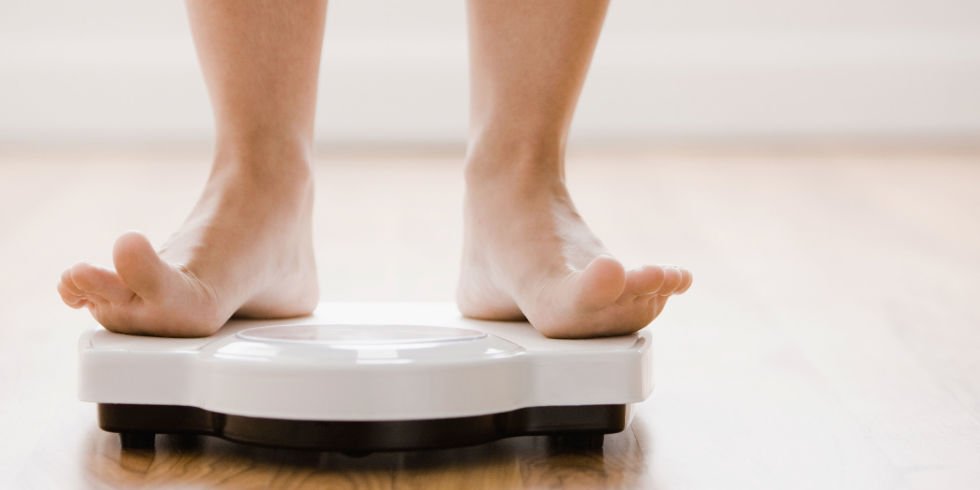
Our gut bacteria have a huge impact on the day-to-day running of our bodies, from fighting infection to influencing our quality of sleep. And now, it seems it can also impact our ability to lose and gain weight.
New research, published in the International Journal of Obesity, has shown that differing proportions of gut bacteria can determine how much weight a person is able to lose under certain conditions – suggesting that a ‘one size fits all’ approach to healthy eating is futile.
The study
Researchers from the Department of Nutrition, Exercise and Sports at the University of Copenhagen looked at 62 people who had a large weight circumference. The participants were instructed to follow either the New Nordic Diet (dark greens, berries, wholegrains) or the Average Danish Diet (lean meat, eggs, lettuce, coffee, no grains) and were grouped according to how much of two different types of bacteria – Prevotella and Bacteroides – they had in their gut.
It was found that those who displayed a higher ratio of Prevotella to Bacteroides and followed the New Nordic Diet had more weight loss success than those who followed the Average Danish Diet. When the ratio was reversed, there was no difference in weight loss between the two diets.
Similarly, those with higher levels of Prevotella were also able to shift body fat more easily. The study’s co-author, professor Arne Astrup, explained:
“Human intestinal bacteria have been linked to the increasing prevalence of overweight and obesity, and scientists have started to investigate whether the intestinal bacteria can play a role in the treatment of overweight. But it is only now that we have a breakthrough demonstrating that certain bacterial species play a decisive role in weight regulation and weight loss.”
Any imbalance in gut bacteria can generally be amended by swapping out sugar, alcohol and caffeine for a healthy diet rich in fresh fruit and vegetables and supplemented with probiotics, which boost gut health. However, it might be worth considering seeing a nutritionist for a gut health assessment if you want a more solid idea of where you’re at. Lead author Professor Mads Fiil Hjorth said:
“This is a major step forward in personalized nutritional guidance. Guidance based on this knowledge of intestinal bacteria will most likely be more effective than the ‘one size fits all’ approach that often characterizes dietary recommendations and dietary guidance.”
It has also been highlighted that – although the sample size for this study is quite small – the findings have been backed up by two other independent studies, suggesting they are reliable.
[“source=netdoctor”]









